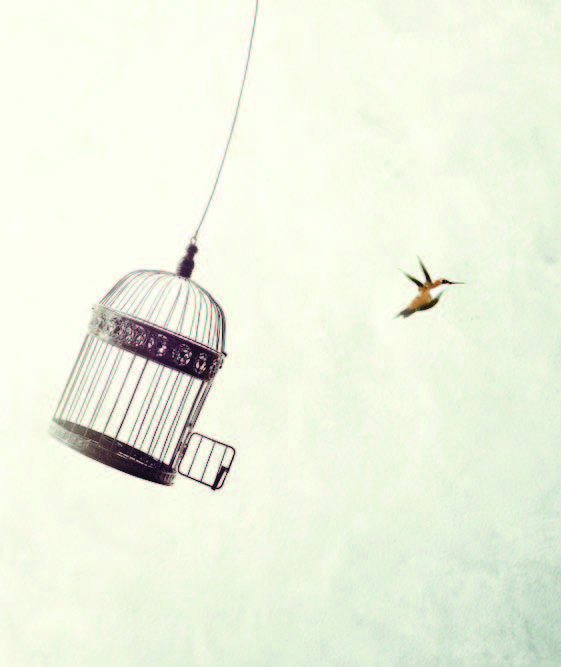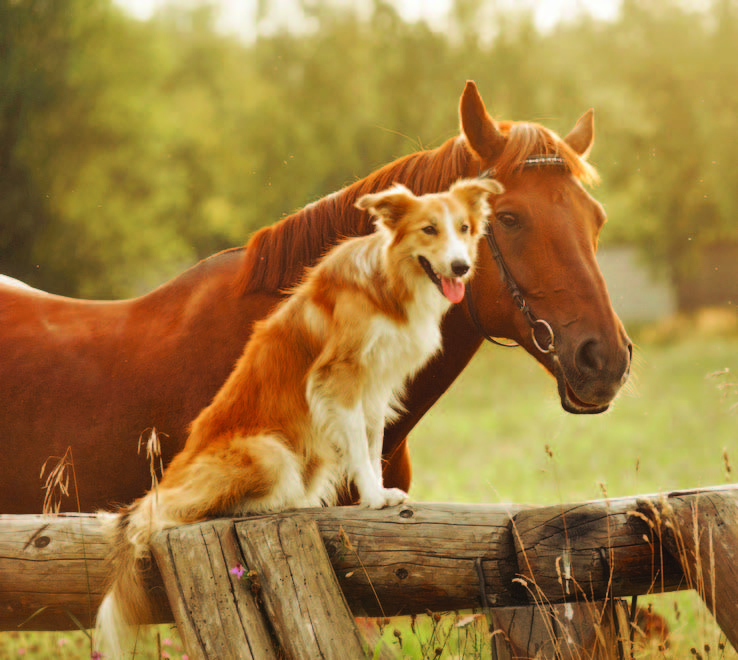The number of factory farms is increasing around the world, threatening our health, the environment, and the welfare of farmed animals. Because of this, consumers are becoming more mindful of what they buy.

Cage-free and free-range, for example, are terms that are now becoming prevalent. But what do these terms really mean? Do they even have a difference?
In a sad state
Jacy Reese explained in a 2018 article for The Guardian that being in a crowded environment could stress out birds, pushing them to lash out by pecking on each other, leading to bleeding and feather loss.
PETA added in its March 2017 article that “farms can use a term such as ‘cage-free’ and still employ the same inhumane methods found [in] conventional factory farms.”
Cage-free versus free-range: Is there a difference?
If farmed animals are cage-free, it means they are not confined in cages and instead live in an open space in a barn or a similar facility. However, it does not indicate the amount of space, or if they are given access to the outdoors. If they are free-range, it means they have the same privileges as cage-free animals, but with access to the outdoors.

But if you think about animals being cage-free, you tend to imagine animals happily roaming and mingling with others in the barn’s hay-covered floor. The term free-range, on the other hand, might make you think that the animals can roam in the barn, and enjoy the sun and the cool breeze outside.
Surely, it’s more humane?
“Free-range” is considered one step more humane than “cage-free” because the fowls are expected to have access to more space, fresh air, and sunlight.
However, Mark Kastel of the Cornucopia Institute explained that the animals’ access to the outdoors is usually just “a few small doors that lead to a screened-in porch with cement, dirt, or a modicum of grass.”

He added that industrial fans in the facility suck ammonia (a byproduct of the chemical decomposition of uric acid in bird droppings) out of the building, creating “hurricane winds” through the small doorways that prevent the birds from actually going outside.
Behind the scenes
Compared to birds confined in cages, cage-free birds are expected to have the freedom to spread their wings, roam, lay their eggs in nests, and do other things that birds naturally do.
Unfortunately, exposés like those by The Humane Society and People for the Ethical Treatment of Animals (PETA) prove that cage-free birds usually live with thousands of other birds – all of whom are not allowed to head outdoors to breathe in fresh air or even have a glimpse of sunlight, unless they are on their way to a slaughterhouse.
Small farms: The most humane option?
Most people think that raising animals on green pastures is the most humane farming method because animals graze outside and have access to a barn in case of bad weather. It is also promoted as more environmentally friendly compared to factory farming.

Unfortunately, studies show that the method is still bad for both the animals and the environment. Sara Farr explained in her 2017 article in One Green Planet that grass-fed cattle require several years of eating grass compared to cattle in factory farms.
Pasture-raised cattle also require 35 percent more water and 30 percent more land than those in factory farms. Additionally, each pound of grass-fed beef creates 500 percent more greenhouse gases compared to grain-fed beef in factory farms.
The humane option
Many studies conclude that consuming meat, dairy, and eggs is harmful for the health as it could lead to obesity, heart disease, diabetes, cancer, and even impotence.

On the other hand, a whole-food, plant-based diet is considered to be the healthiest diet no matter what stage in life. The Academy of Nutrition and Dietetics, the world’s largest organization of nutritional professionals, confirmed that a plant-based diet is suitable for all ages.
Related stories:
– Animal welfare groups rescue 50 dogs and 15 cats from euthanasia
– Research first before welcoming another animal companion in your family, RSPCA says
– To gift or not to gift? Why giving animals as presents should be out of the question




